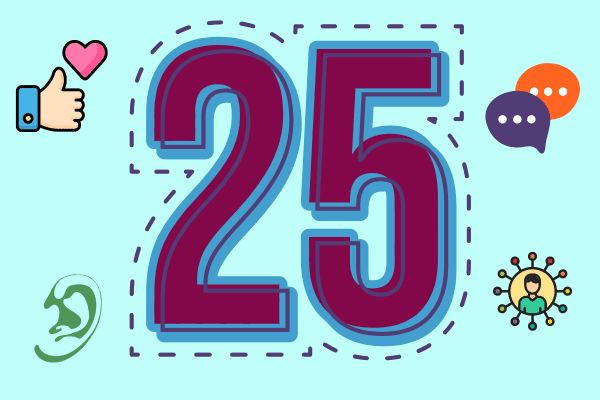Understanding How You Prefer to Learn
You are on this page ‘Learning Styles – Understanding how you prefer to learn’ – because you have been asked to complete your learning styles questionnaire. We have asked you to identify your preferred style of learning because when you do, you can learn more, learn faster and learn easier. It’s a bit like signing your name with the wrong hand, if you were to learn in a style that is not your preferred one. Understanding your learning style is, we believe, an essential piece in your ‘Sticky Learning ®’ journey to getting more from your learning.
What To Do Next
- Download the learning styles questionnaire.
- Complete the questions (This should take around 10 minutes).
- Bring the completed form with you to your next session.
If you have any questions or you are unable to download the form, please contact us with ‘Learning Styles – Understanding how you prefer to learn – Cannot retrieve the attachment’ and we’ll email it to you.
Summary of Learning Styles
Our summary below will help you understand them a little better:
1. Activists
They will try anything once. We met a Learner who related to this of the Learning Styles. He had never been skiing and on his first day, tried the black run – The most dangerous of slopes. He broke his leg! If an Activist were to start juggling, they would pick up the balls and just have a go.
Sticky Learning ® is 7 times more effective than 1-day training courses. Plus, you will get a Chain of Evidence proving your Return on Investment. Discover soft skills training that changes behaviours long term.

2. Reflectors
They like to ‘look before they leap’. They are cautious to make up their minds and would rather observe, than lead. When they do make decisions, those decisions are soundly based. If a Reflector were to start juggling, they would want to watch someone else first.
3. Theorists
They live in a ‘world of ideas’. Needing to get to the bottom of things before moving forward. Questioning the validity of statistics. If a Theorist were to start juggling they would want to understand how you start, what happens next, which hand does what, and so on.
4. Pragmatists
Lastly, on learning styles. These are also keen on ideas but want to try them out to see if they work. Their aim is to understand how they can use the idea in the real world. If a Pragmatist were to start juggling they would want to work with someone, seeing how they do it whilst trying it themselves and also asking questions.
In this short video, you can find out a little more about this topic.





